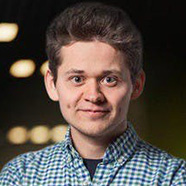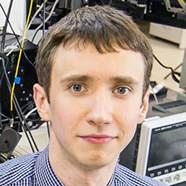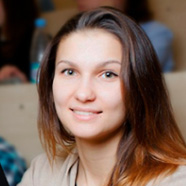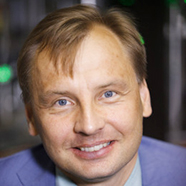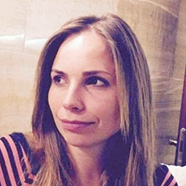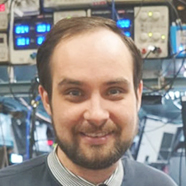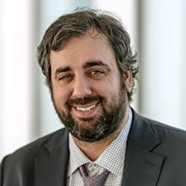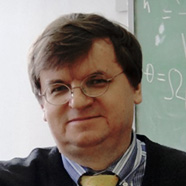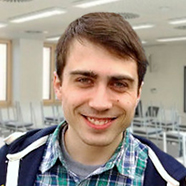Quantum Platform
Quantum computers use the effects of quantum superposition and entanglement for solving computational tasks. Technologies based on quantum computing can substantially outperform classical computers in numerous areas, such as cryptanalysis, complex systems modeling, optimization, machine learning, and artificial intelligence.
One of the critical issues in developing quantum computing devices is the selection of an underlying physical system that enables the implementation of qubits – basic information units of quantum computers, similar to classical bits.
In the LRC project, the experimental prototype of a quantum computing device is implemented based on trapped ions. This physical system is considered one of the most promising according to the research results by the global scientific community and commercial organizations in the field of quantum computing.
The development of the experimental prototype of a quantum computing device and cloud platform is carried out according to the Russian Quantum Technologies Roadmap and is directly related to the implementation of a key subtechnology in quantum computing – the development of an ion-trap quantum computing device.
Ion platform
Qudits
Algorithms
Quantum computing can be applied to solving a wide range of industrial tasks. The most popular and demanded areas include optimization, modeling of complex physical systems (for example, chemical compounds and materials), and machine learning.
Our solution is built upon a 3-layered modular structure, which allows us to implement a convenient high-level interface, translate the input algorithm into optimal intermediate representation and dispatch the task to an actual quantum computing unit.

